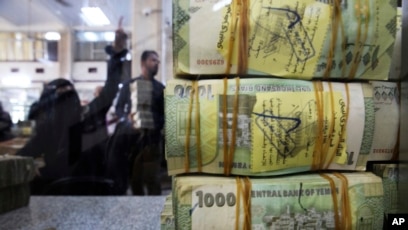
Saudi Arabia's Public Investment Fund (PIF), one of the primary drivers of this growth, plays a crucial role in channeling investments into a diverse range of sectors. PIF's aggressive investment strategy, including significant stakes in technology companies and international firms, has bolstered its asset base significantly. As of mid-2024, PIF has made strategic investments in various sectors, positioning itself as a key player in the global investment landscape.
A notable development is the recent establishment of new investment platforms aimed at attracting foreign capital. These platforms are designed to facilitate investments in sectors such as renewable energy, infrastructure, and healthcare. With global investors increasingly seeking opportunities in emerging markets, Saudi Arabia's efforts to streamline regulations and improve the investment climate are yielding positive results. The kingdom's strategic location, coupled with its young population and increasing digital adoption, positions it favorably to attract foreign direct investment (FDI).
The rise in AUM also mirrors broader trends across the Middle East and North Africa (MENA) region, where financial markets are becoming increasingly attractive to global investors. The diversification of investment portfolios by regional sovereign wealth funds has led to an influx of capital into sectors that promise long-term growth. As MENA economies pivot away from oil reliance, they are increasingly exploring opportunities in technology, healthcare, and sustainable development.
Saudi Arabia's capital markets have witnessed significant reforms aimed at enhancing liquidity and market accessibility. The introduction of new financial instruments, such as exchange-traded funds (ETFs) and sukuk (Islamic bonds), has broadened the investment options available to both local and foreign investors. Additionally, the Saudi Stock Exchange (Tadawul) has adopted international best practices, leading to greater transparency and investor confidence.
The kingdom's commitment to fostering innovation is evident in its partnerships with leading global technology firms. These collaborations have not only helped in developing local talent but have also facilitated knowledge transfer, critical for building a robust innovation ecosystem. As part of its long-term strategy, Saudi Arabia is focusing on developing a vibrant startup ecosystem, with initiatives aimed at supporting entrepreneurs and attracting venture capital.
The financial sector's evolution is complemented by the Saudi government's efforts to promote a more sustainable economy. The country's focus on renewable energy projects, particularly solar and wind energy, is poised to attract substantial investments. Initiatives like the Saudi Green Initiative aim to position the kingdom as a leader in sustainability within the region, aligning with global trends toward green finance.
As Saudi Arabia continues to strengthen its economic foundations, the financial services industry is expected to play a pivotal role in supporting this transformation. Financial institutions are increasingly adopting digital solutions to enhance service delivery and meet the evolving needs of clients. The rise of fintech startups within the kingdom is indicative of the growing demand for innovative financial services that cater to a tech-savvy population.
International investment firms have also taken note of the opportunities presented by the kingdom’s burgeoning asset management sector. Many have established or expanded their operations in Saudi Arabia, seeking to capitalize on the increasing flow of capital into the market. This trend not only enhances competition but also drives innovation and service improvements across the industry.
The growing emphasis on sustainability and responsible investing is shaping the asset management landscape in Saudi Arabia. Investors are increasingly looking for opportunities that align with their environmental, social, and governance (ESG) criteria. Asset managers are responding to this demand by integrating ESG considerations into their investment strategies, promoting long-term value creation and risk management.
Topics
Spotlight
